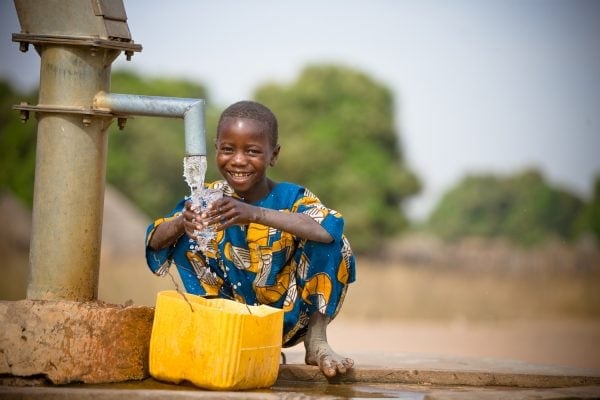The Critical Role of PVC Compounds and Stabilizers in Africa’s Water Systems

Africa’s water systems
Africa faces significant challenges in managing its water resources, with issues ranging from inadequate infrastructure to pollution and climate change impacts. One of the key solutions to these challenges lies in the use of polyvinyl chloride (PVC) compounds and stabilizers. These materials are essential for developing durable, cost-effective, and sustainable water systems across the continent.
The State of Africa’s Water Systems
Africa’s water infrastructure is often outdated and insufficient to meet the growing demands of its population. Many regions suffer from water scarcity, poor water quality, and inefficient distribution networks. The need for robust and reliable materials in constructing and maintaining water systems is more critical than ever.
PVC Compounds: A Vital Component
PVC compounds are widely used in the construction of water pipes and fittings due to their excellent properties. They are lightweight, durable, and resistant to corrosion and chemical degradation. These characteristics make PVC an ideal material for water systems, ensuring longevity and reducing maintenance costs.
Durability and Longevity: PVC pipes can last up to 50 years or more, significantly reducing the need for frequent replacements and repairs.
Cost-Effectiveness: The production and installation of PVC pipes are relatively inexpensive compared to other materials like metal or concrete.
Chemical Resistance: PVC is resistant to a wide range of chemicals, making it suitable for transporting potable water and wastewater without the risk of contamination.
The Role of PVC Stabilizers
PVC stabilizers are crucial additives that enhance the thermal stability and overall performance of PVC compounds. Without stabilizers, PVC would degrade rapidly when exposed to heat during processing and use, leading to discoloration, loss of mechanical properties, and the release of harmful hydrochloric acid gas.
Thermal Stability: Stabilizers prevent the degradation of PVC at high temperatures, ensuring the material retains its properties during manufacturing and throughout its service life.
Environmental and Health Safety: Modern non-toxic stabilizers, such as calcium-zinc and organotin stabilizers, have replaced traditional lead-based stabilizers. These alternatives are safer for both the environment and human health.
Enhanced Performance: Stabilizers improve the mechanical properties of PVC, making it more resistant to physical stresses and extending the lifespan of water infrastructure.
Applications in Africa’s Water Systems
The application of PVC compounds and stabilizers in Africa’s water systems can address several critical issues:
Improving Water Quality: PVC pipes do not corrode or leach harmful substances into the water, ensuring safe and clean drinking water.
Reducing Water Loss: The durability and leak-proof nature of PVC pipes help minimize water loss in distribution networks, which is a significant problem in many African countries.
Supporting Sustainable Development: The cost-effectiveness and longevity of PVC pipes make them a sustainable choice for developing water infrastructure, aligning with the goals of many African nations to improve access to clean water.
Conclusion
The integration of PVC compounds and stabilizers into Africa’s water systems presents a viable solution to many of the continent’s water management challenges. By leveraging the durability, cost-effectiveness, and safety of these materials, African countries can build more resilient and efficient water infrastructure, ultimately improving the quality of life for millions of people.
Click here for more info
